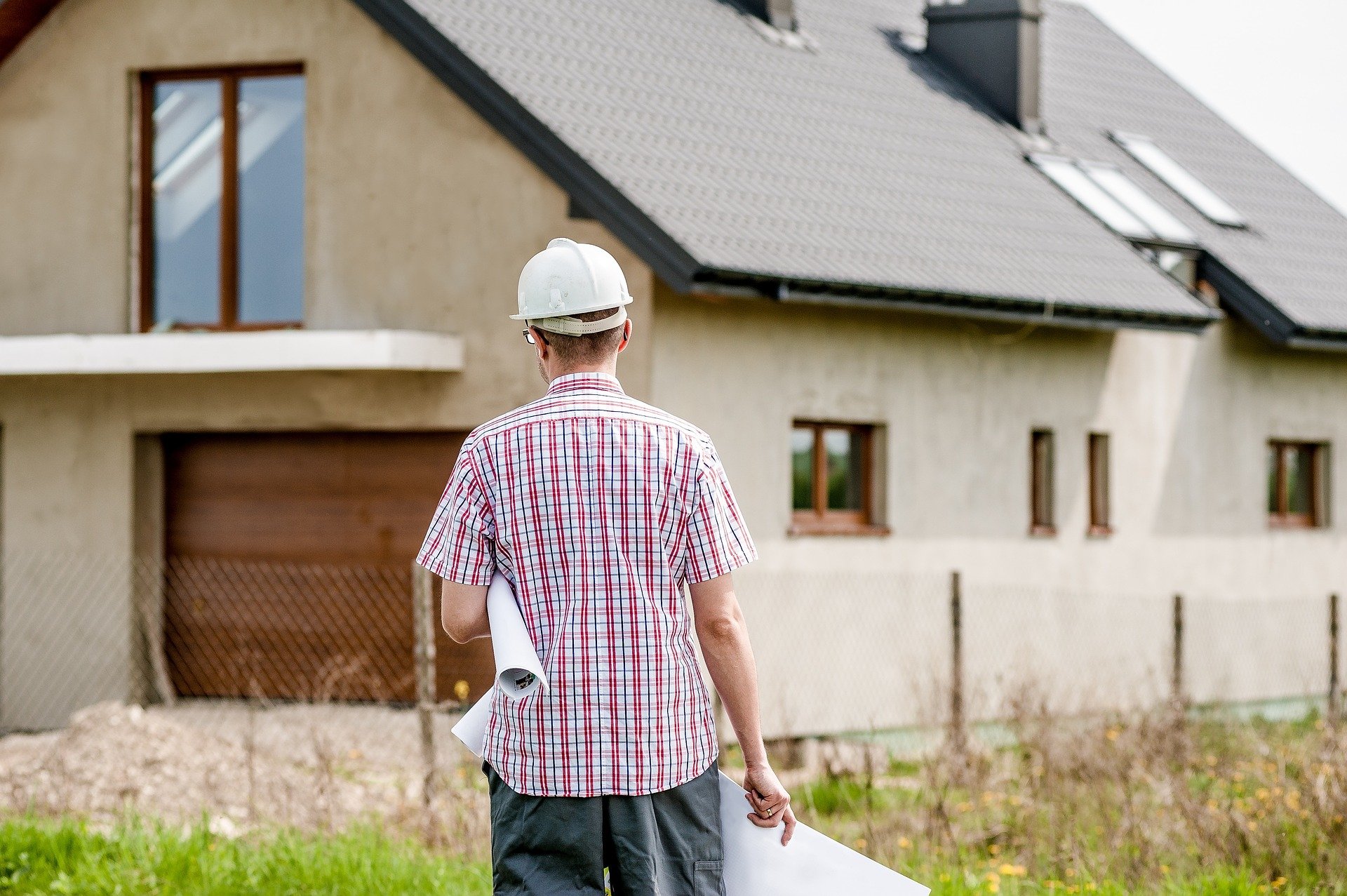The new, improved National Retrofitting Scheme is here! This far-reaching grant programme, administered by SEAI, is designed to achieve our Climate Action Plan goal of upgrading 500,000 Irish homes to a B2 by 2030.
Under the new scheme, the one-stop-shop grant has been increased to 50% while support for some individual energy upgrades, like installing a heat pump, have almost doubled. Free home upgrades are available to those who can least afford it and it is expected that the average uptake for free energy upgrades this year will be as many as 400 homes. Community grants are also available for project coordinators who wish to carry out large energy upgrade projects on public, commercial or residential buildings.
The increased uptake in retrofitting presents a major opportunity in the construction and retrofitting sector. It is estimated that some 30,000 skilled workers will be required to carry out this work. As more deep retrofitting is undertaken, more one-stop-shops will be needed. One-stop-shops provide an end-to-end service which includes managing the grant applications, project coordination, finding suppliers and more. There are currently 20 one-stop-shops in Ireland and many more will be set up as a result of this scheme. This has created a major demand for experts and workers of all trades that are knowledgeable in energy-efficient and sustainable building practices.
The Digital Academy for a Sustainable Built Environment (DASBE) is currently developing a number of programmes aimed at addressing and supporting the need for upskilling to deliver energy upgrades. These programmes, along with existing courses currently being run at TUS (Technological University of the Shannon: Midlands Midwest) and ATU (Atlantic Technical University), will provide industry and school leavers the opportunity train, upskill or reskill. There are a number of programmes available ranging from levels 6 to level 9. These include new minor and major awards such as Residential Energy Renovation Management, Built Environment Regulation, Circular Economy and the Built Environment, BIM and Digital Construction.
DASBE is also in the process of validating a number of short special purpose awards (SPAs) (10 to 20 ECTs) that will support industry upskilling. These include Energy Renovation in Traditional Buildings, Community Energy, Residential Energy Renovation of the Fabric, Residential Energy Renovation using Systems, Residential Energy Renovation Management and Energy Renovation Coordinator. Upskilling in the construction industry to deliver high quality energy upgrades is vital if we are to achieve the goal of retrofitting 30% of our residential building stock by 2030. DASBE is providing industry with a suite of targeted training opportunities especially designed to achieve this goal.
View the DASBE programme listings to see the full range of courses available in Energy Efficiency, Circular Economy and Digital Skills.

